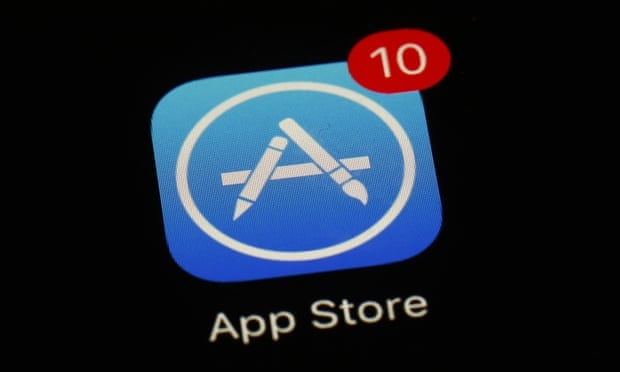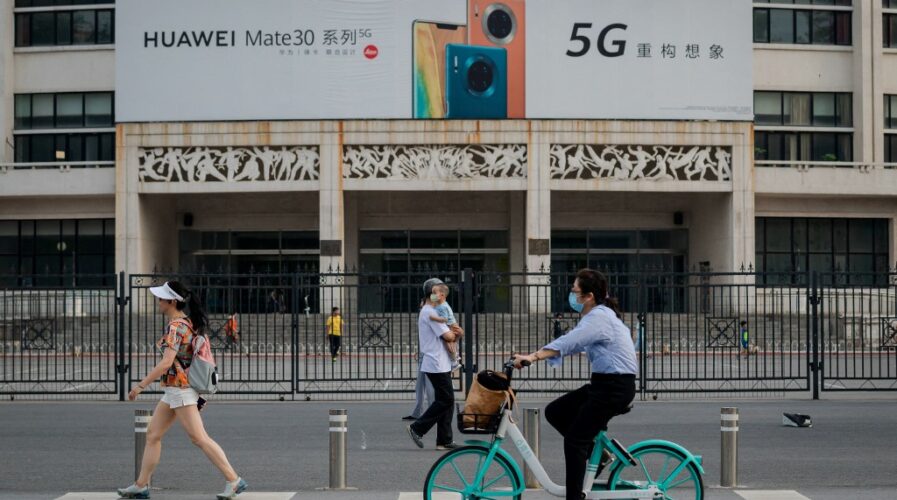Find out the week’s top mobile stories from around the world. This week… Microsoft is bringing Android apps to Windows 11 with Amazon’s Appstore, Facebook announces new commerce products, Letting users bypass App Store would be security risk, says Apple and much more…

Microsoft is bringing Android apps to Windows 11 with Amazon’s Appstore
The Verge
Microsoft is bringing Android apps to Windows 11. The software giant revealed its surprise Windows 11 addition during its special Windows event today. Android apps will run natively on Windows 11 and will be downloadable from Amazon’s Appstore, via the new Windows store that’s included in the operating system.
Microsoft says it’s using Amazon’s Appstore to bring Android apps to Windows 11. Apps will be listed in the new Windows store, and can be pinned to the taskbar or snapped alongside traditional Windows apps. Microsoft is also partnering with Intel to use its Intel Bridge technology to make this a reality, although the Android apps will still work with both AMD and Arm-based systems.
Read more…
Facebook announces new commerce products
Mobile Marketing Magazine
Mark Zuckerberg has announced new commerce products and innovations for Facebook, during a Live Audio hosted this week.
Facebook currently has over 1.2m monthly active Shops and over 300m monthly Shop visitors. The platform plans to bring Shops to more places, including WhatsApp and Marketplace.
In the US, businesses with a Shop can choose Marketplace as an additional sales channel, helping them drive discovery of their products in a shopping destination that more than 1bn people globally visit each month.
Read more…
Letting users bypass App Store would be security risk, says Apple
Guardian
Allowing users to bypass the App Store would lead to a wave of damaging malware on iPhones and iPads, Apple has warned, as the company faces the prospect of sweeping regulatory action on both sides of the Atlantic.
Opening up iOS to “sideloading”, the name for installing software from unapproved sources, could allow malicious software to hold user data to ransom, let children bypass parental controls, or lead to rampant piracy, the company claims in a new paper.
Read more…
China leads the way as 5G to be fastest-adopted cellular tech
Techwire
China 5G subscriptions are expected to surpass other regions and hit over 173 million users by the end of 2021, says the latest Ericsson Mobility Report. This number is set to rapidly grow to a hefty 1.4 billion subscribers by 2026.
With subscriptions increasing at a rate of approximately one million daily, Ericsson expects global subscribers to hit approximately 3.5 billion with a 60% 5G population coverage by 2026.
During the first quarter of 2021, Ericsson reported that global 5G subscriptions with a 5G-capable device grew by 70 million. This number is expected to reach 580 million by the end of 2021. Spurred in no small part by the covid-19 pandemic, the uptake of digital tools and services has proven crucial to global post-pandemic recovery efforts.
Nokia deploys AI services to cut complexity of network support and maintenance
Computer weekly
Nokia said the appetite for 5G and the services it supports was clear, quoting research from Omdia that showed 5G adoption growing at three times the rate of 4G LTE and the number of connections expected to reach 619 million globally by the end of 2021. Yet communications service providers (CSPs) are challenged with navigating that complexity to deliver the highest customer experience in the most cost-effective and efficient way.
Read more…
Mobile gaming giants Activision Blizzard and Zynga only see growth – despite iOS changes
The Drum
As part of The Drum’s deep dive into all things mobile, we talk to Zynga, Facebook Gaming, Activision Blizzard and more about mobile gaming, including what Apple’s iOS update means for in-game advertising.
One in every three people plays games, even if they don’t necessarily consider themselves a gamer. And while Triple A releases on consoles or the long-established PC gaming scene might be what come to mind when we think of gamers, mobile gaming is on the ascendence.
Read more…
A TikTok influencer brings cryptocurrency trading to the masses
The Washington Post
Seated in a purple gaming chair, a matching mini microphone in her hand, the woman on the screen breaks down the day’s financial news.
“Hey, babes,” she says breezily, “let’s talk about potential bear market scenarios.”
CryptoWendyO, as she’s known to hundreds of thousands of viewers on TikTok, YouTube and other platforms, proceeds with her latest dispatch on the ground-shifting world of digital currency. The vibe is relaxed and pragmatic — part commentator, part coach — a striking contrast to the boisterous crypto bros who dominate the space with their “never sell” and “to the moon” evangelism.
Read more…
Cash holds up in Switzerland despite COVID-led rise in electronic alternatives
Euro News
Switzerland is retaining a long-held attachment to paying by cash, despite a major turn towards electronic methods driven by the COVID-19 pandemic, according to the latest report from the country’s central bank.
A survey published on Wednesday that was conducted by the Swiss National Bank (SNB) between August and November 2020 found that up to 43 per cent of all one-off transactions – such as in restaurants, supermarkets, and online – were being settled with cash.
‘Opportunity for industry to unite and align’: marketers react to Google’s delayed cookie cull
Euro News
In a move that’s rattled the global technology and marketing sectors, Google has today announced it will delay the deprecation of the third-party cookie — the ubiquitous tool used to track users’ activities across the web. The company originally planned to sunset the technology in early 2022. Here’s what you need to know.
Google has long been the gatekeeper of the third-party cookie, the seemingly omnipresent technology lurking in the background of nearly every website and app that a user visits, enabling advertisers to track individuals’ web behavior and serve targeted ads to users. In the increasingly privacy-focused world, the technology has come under fire from lawmakers, privacy advocates and consumers.












